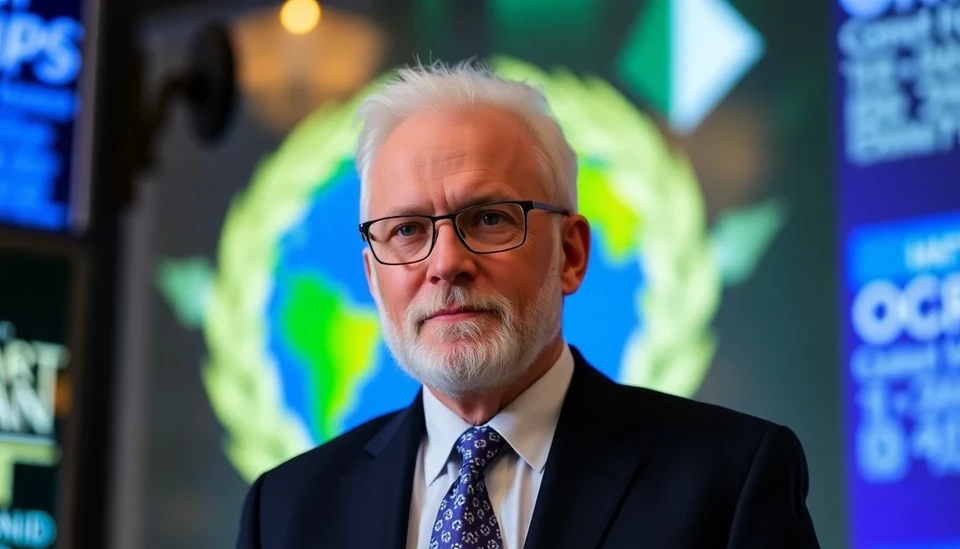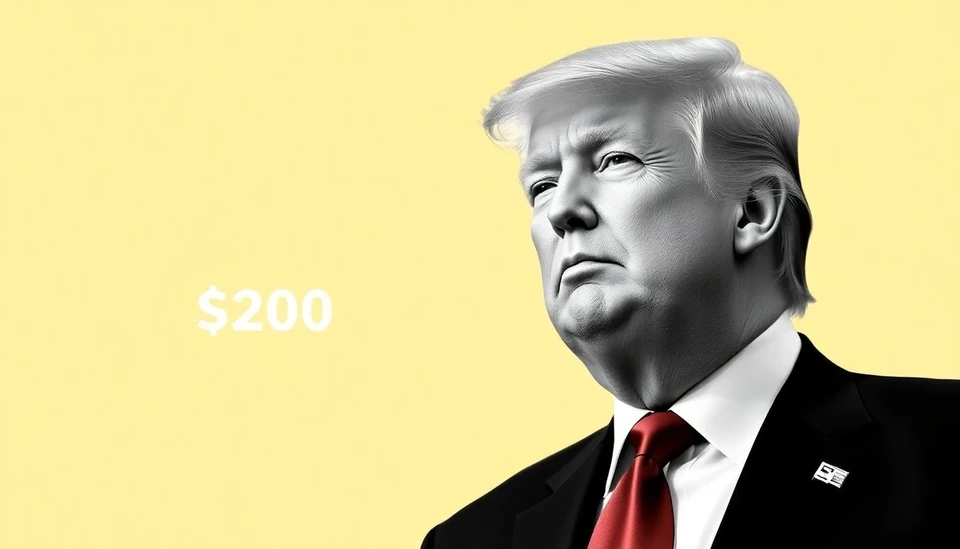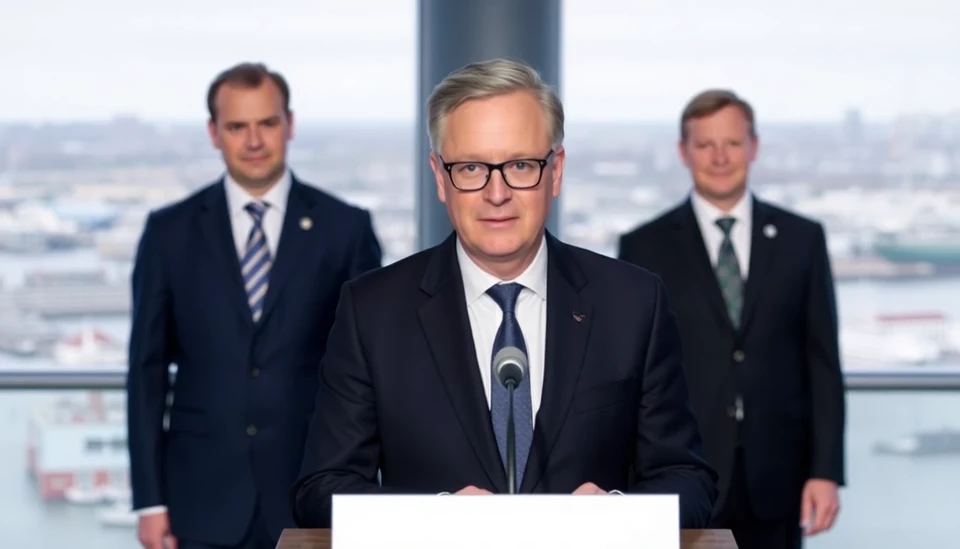
As world leaders prepare for the 29th Conference of the Parties (COP29) in Dubai next month, the focus is shifting towards the crucial involvement of Wall Street in climate finance discussions. While this global summit aims to address pressing climate issues, the influence and participation of financial institutions are becoming indispensable in shaping sustainable policies and investment strategies.
This year’s COP provides a significant platform for Wall Street and investment firms to showcase their commitment to climate action. Investment banks and funds are aiming to harness the momentum from prior commitments made during preceding conferences, as they strategize on integrating environmental factors into their portfolios. COP29 is particularly momentous since it represents a critical inflection point for climate financing aimed at limiting global temperature rises to below 1.5 degrees Celsius.
Recently, major financial institutions have ramped up their involvement through initiatives and pledges focused on reducing carbon footprints, driving the renewable energy sector, and promoting sustainable investments. Notably, large firms are increasingly aware that investors and consumers are demanding greener options, compelling a shift toward environmentally conscious business models. The World Economic Forum recognizes the necessity of private sector collaboration in achieving climate goals, thus emphasizing Wall Street’s growing importance in this arena.
However, the engagement of financial entities at COP29 is not without challenges. Critics have raised concerns about "greenwashing," where companies present themselves as more environmentally friendly than they truly are. This skepticism underscores the need for clear accountability and transparent reporting in the commitments made by these financial entities. It remains crucial for regulatory bodies and stakeholders to ensure that capital is genuinely directed towards sustainable projects that contribute to global climate goals.
As the summit approaches, the private sector's commitment to sustainable practices will be under scrutiny. A framework has been proposed to help evaluate the initiatives presented at COP29, aiming to prevent misleading claims and to enhance the credibility of corporate sustainability efforts. This framework will establish benchmarks for measuring the impact of investments in climate resilience and emission reduction.
Wall Street's ability to mobilize significant capital is seen as vital to the success of COP29’s objectives. The invitation extended to numerous banking and investment leaders indicates a shift in recognizing their crucial role in the transition towards a sustainable economy. There is a growing consensus that finance must play a central role in tackling climate change, and COP29 could mark a turning point for comprehensive financial strategies that align with environmental sustainability.
In summary, the upcoming COP29 conference is set to become a pivotal moment for Wall Street's ongoing evolution towards sustainable finance. With global temperatures at risk and climate issues gaining increasing attention, the challenge and responsibility on financial institutions have never been greater. As discussions unfold in Dubai, the world will be watching how Wall Street responds to the clarion call for effective climate action through cooperative endeavors and genuine commitments to sustainability.
As we prepare for COP29, it's essential to keep the conversation alive about the roles and responsibilities of not just governments but also corporations and financial institutions in combating climate change. The outcomes of this conference may shape the future of financing and investments that could ultimately steer the planet towards a more sustainable and resilient future.
#COP29 #ClimateAction #WallStreet #SustainableFinance #GreenInvesting #ClimateFinance #ClimateChange #InvestmentStrategy
Author: Megan Clarke




